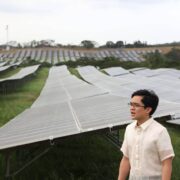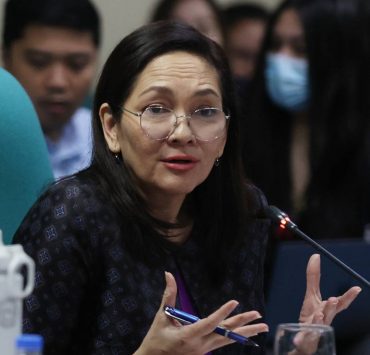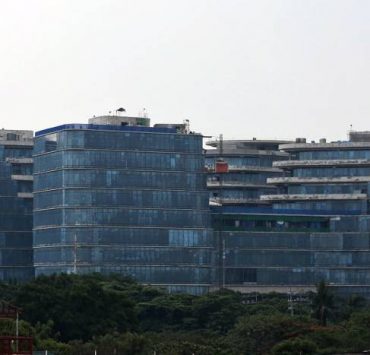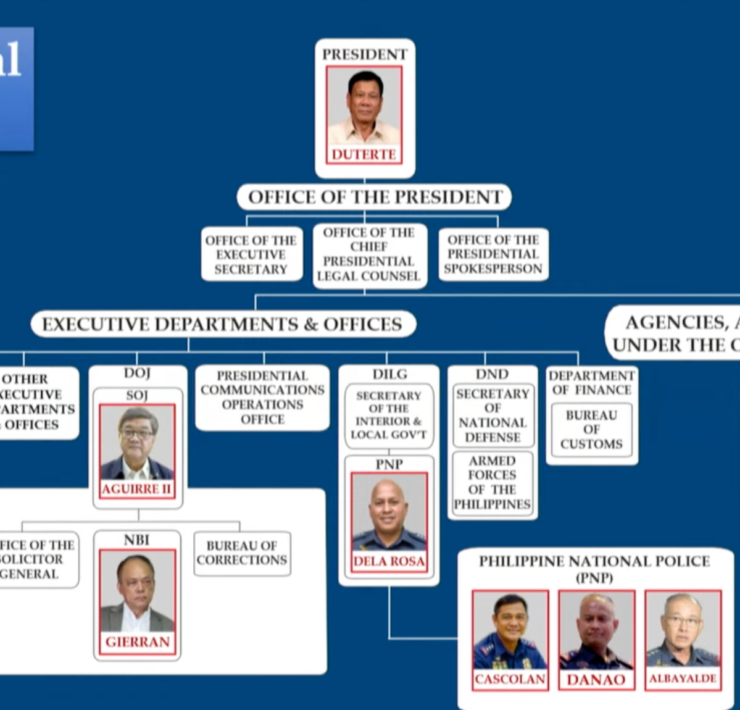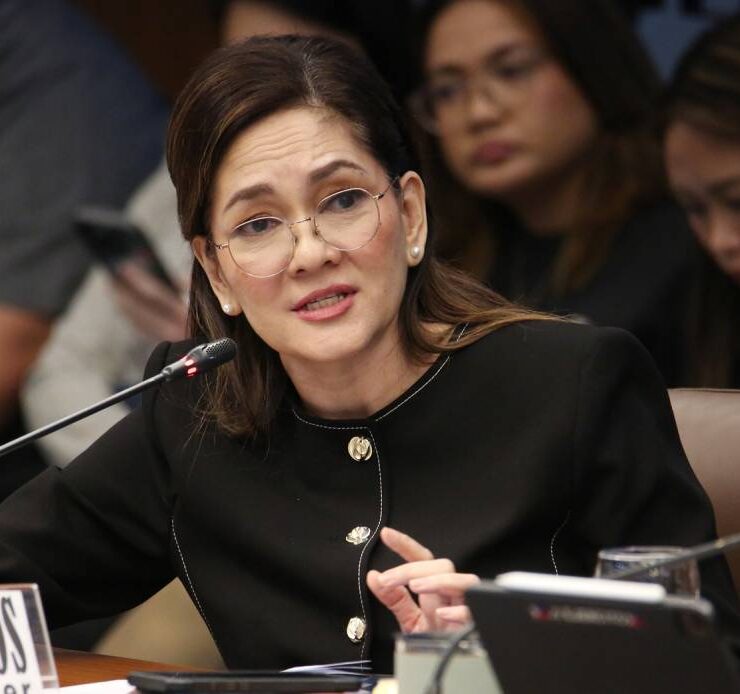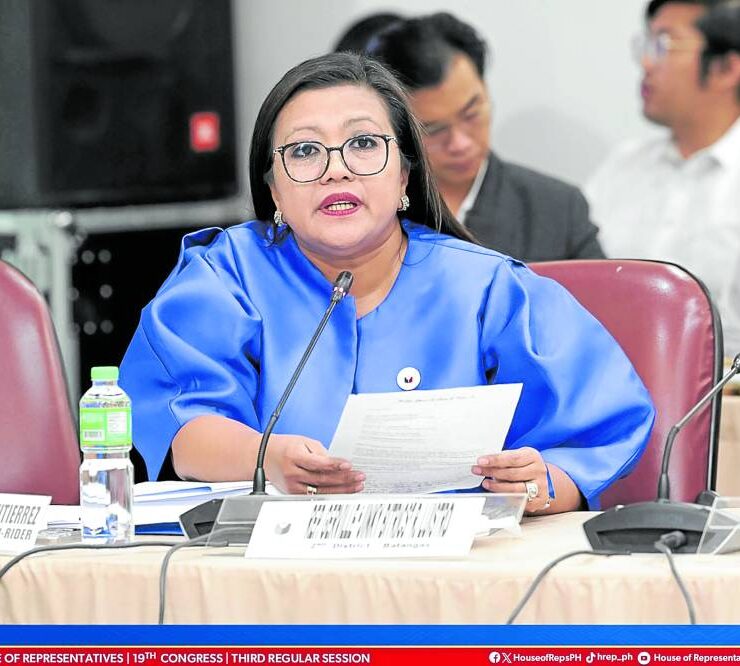US told PH it made ‘missteps’ in secret antivax propaganda
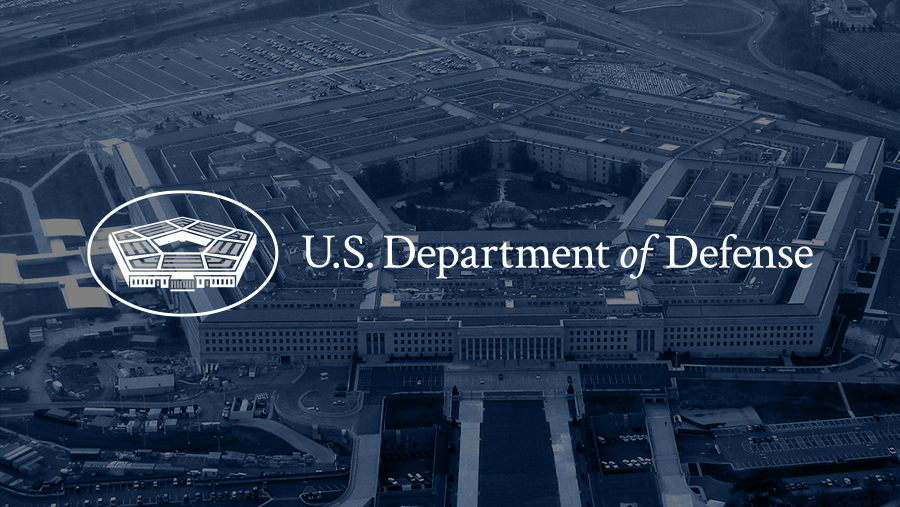
WASHINGTON—The US Department of Defense admitted that it spread propaganda in the Philippines aimed at disparaging China’s Sinovac vaccine during the COVID-19 pandemic, according to a June 25 document cited by a former top government official earlier this month.
The US response to the Philippines was recounted in a podcast by Harry Roque, who served as spokesperson for former Philippine President Rodrigo Duterte.
Reuters subsequently reviewed the document, which hasn’t been publicly released by either government. The news agency was able to verify its contents with a source familiar with the US response.
Psychological operation
“It is true that the (Department of Defense) did message Philippines audiences questioning the safety and efficacy of Sinovac,” according to the document, which references information sent from the US Department of Defense to the Philippine Department of Foreign Affairs and Department of National Defense.
According to the document, the Pentagon also conceded it had “made some missteps in our COVID related messaging” but assured the Philippines that the military “has vastly improved oversight and accountability of information operations” since 2022.
The US admission followed a June 14 Reuters investigation that revealed how the Pentagon launched a secret psychological operation to discredit Chinese vaccines and other COVID-19 aid in 2020 and 2021, at the height of the pandemic.
As a result of the Reuters investigation, the Philippine Senate foreign relations committee launched a hearing into the matter and sought a response from the United States.
According to the June 25 document, Pentagon officials concluded its antivax campaign was “misaligned with our priorities.” It says the US military told Filipino officials that operatives “ceased COVID-related messaging related to COVID-19 origins and COVID-19 vaccines in August 2021.”
The Philippines’ defense and foreign affairs departments did not respond to requests for comment about the US military’s admission that it ran the propaganda program. A spokesperson for the US Department of State referred Reuters to the Department of Defense for comment.
Worries of exploitation
Pentagon spokesperson Pete Nguyen declined to confirm the US response cited in the document. But he acknowledged the Pentagon did distribute “social media content about the safety and efficacy of Sinovac.”
At the time the Pentagon launched its campaign, national security officials in Washington worried that China was exploiting the pandemic to negotiate important geopolitical deals and undermine US alliances internationally by sending aid to the Philippines and other nations.
The clandestine psychological operation uncovered by Reuters wasn’t limited to the Philippines. It also targeted developing countries across Central Asia, the Middle East and Southeast Asia in 2020 and 2021.
The Philippines and those other nations were, at the time, heavily reliant on China’s Sinvoac to inoculate their populations against the deadly virus.
Online bots, phony accounts
Among Southeast Asian countries, the Philippines was among those hit hardest by the coronavirus. By 2024, COVID-19 had killed almost 67,000 Filipinos, and the number of infections there had reached more than 4 million, according to World Health Organization data.
Working with a group of defense contractors and other nonmilitary partners, the United States used networks of online bots and other phony social media accounts to influence foreign audiences, Reuters found.
The news agency identified a network of hundreds of fake accounts on X, formerly Twitter, that closely matched descriptions shared by former US military officials familiar with the Philippine operation.
When Reuters asked X about the accounts, the social media company removed the profiles after independently determining they were part of a coordinated bot campaign. The Reuters article showcased a handful of these posts as examples of the messaging.
Unanswered questions
Pentagon spokesperson Pete Nguyen said an initial review by the Department of Defense last month “found that the US military was not responsible for the troubling social media content related to the Philippines” cited in the Reuters report.
Asked whether the social media accounts with those particular posts were handled by contractors or other nonmilitary partners working on behalf of the US government, Nguyen declined to say. He also declined to answer questions about US military antivax propaganda efforts across Central Asia and the Middle East.
In exposing the Pentagon’s antivax propaganda campaign, Reuters interviewed more than two dozen current and former US officials, military contractors, social media analysts, academic researchers and public health experts. The health experts called the propaganda campaign indefensible, saying it put innocent lives at risk.
‘Consequences’
In a statement to Chinese media after the Reuters investigation in June, a Sinovac spokesperson blasted the US military.
“Stigmatizing vaccination will lead to a series of consequences, such as a lower inoculation rate, the outbreak and spread of disease, social panic and insecurity, as well as crises of confidence in science and public health,” said Sinovac spokesperson Yuan Youwei.
The Reuters investigation has spurred a Senate investigation in the Philippines led by Sen. Imee Marcos, head of the foreign relations committee.
At a hearing on June 25, Marcos described the US military campaign as “evil, wicked, dangerous, unethical.” She questioned whether it violated international law and wondered whether the Philippines had any legal recourse.
Reuters, the news and media division of Thomson Reuters, is the world’s largest multimedia news provider, reaching billions of people worldwide every day. Reuters provides business, financial, national and international news to professionals via desktop terminals, the world's media organizations, industry events and directly to consumers.













